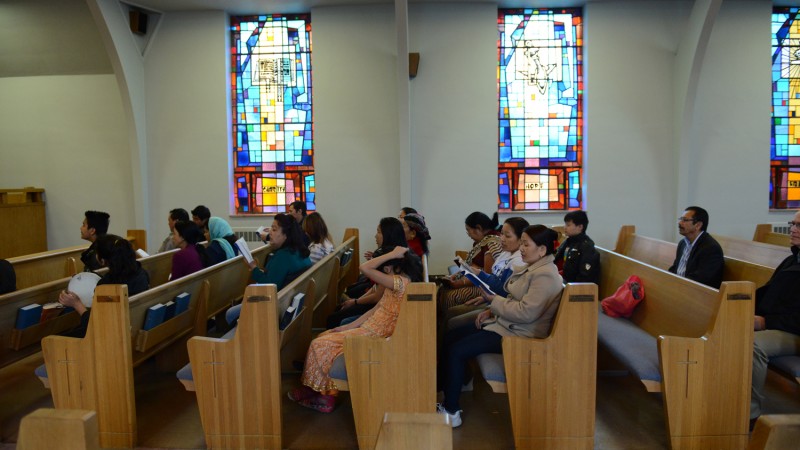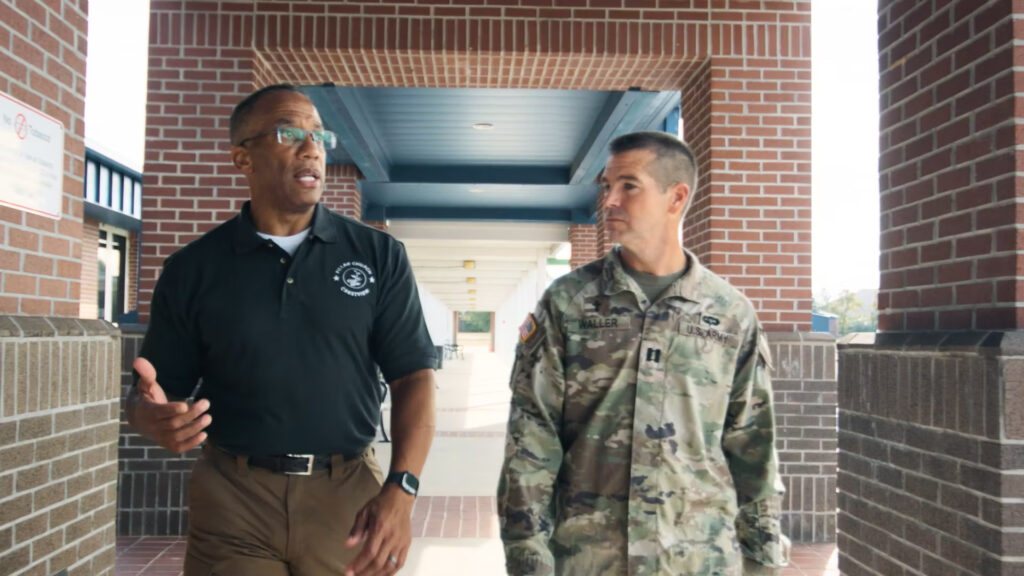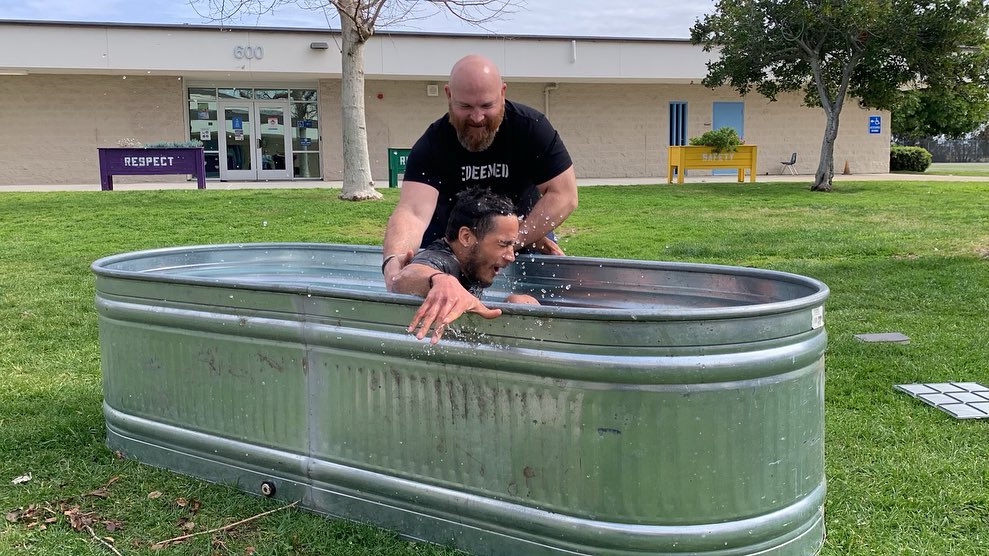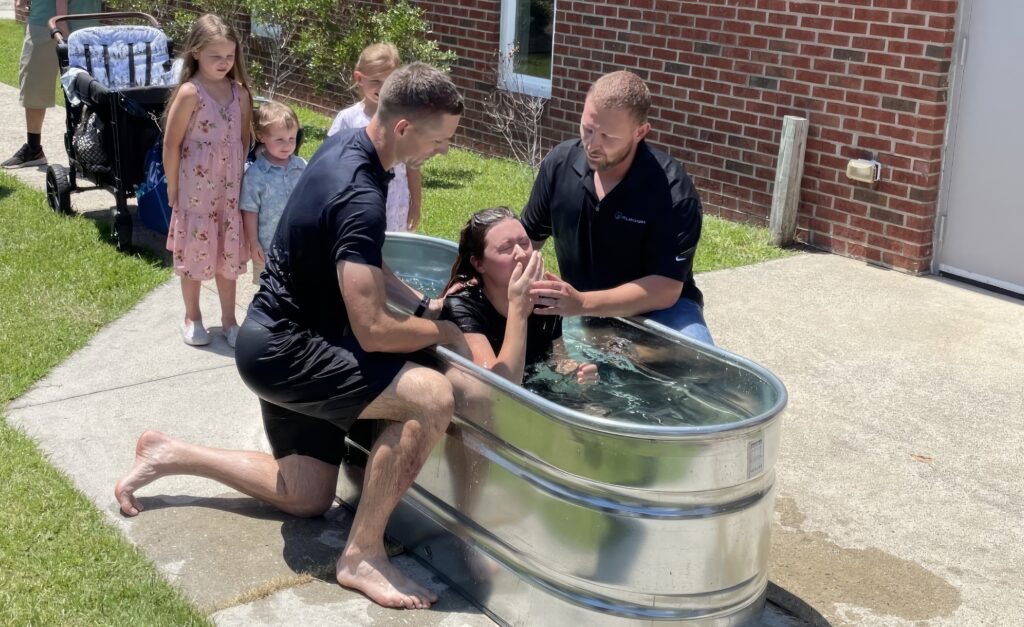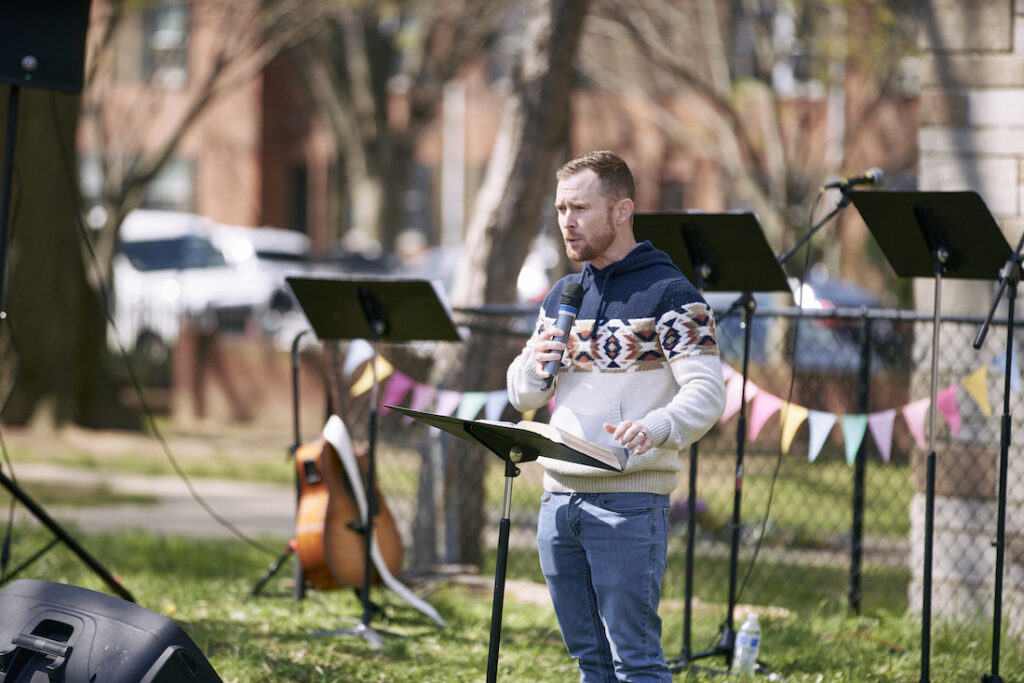This past SBC annual meeting
After the conclusion of the last session at this past SBC in St. Louis, I witnessed generational healing firsthand. When J.D. Greear humbly decided to withdraw from the presidential race, allowing pastor Dr. Steve Gaines to run unopposed, the entire atmosphere changed.
Less than 24 hours before, in the window of time between the results announced from the second vote, before we all entered the Gathering for prayer, thick tension filled the air. It seemed as if the generations were at war. Mind you, the tension was not felt between Greear and Gaines but between the older and younger messengers. I personally wondered what the future of our convention would look like.
To be candid, I felt a split would be a result if something drastic did not happen. All of warriors who fought with much diligence during the Conservative Resurgence seemed to be reluctant in passing the torch of leadership to the emerging generations of leadership. At the same time, the younger generation, which I’m a part of, seemed eager to withdraw from SBC life if this election did not swing in our favor.
Fast forward to the next morning, and the Lord showed up and showed out. Greear’s withdrawal and Dr. Gaines installation, unity in the gospel was our common bond. As the mass exodus began after we were dismissed, smiles were imprinted on the faces of all, as everyone walked out embracing each other, tweeting updates that included praise to God, and I stood there humbled once again to be a Southern Baptist.
I wasn’t always SBC
At the age of 15, my mother and I were members of an Assembly of God church in Kansas City. I didn’t know much about the Southern Baptist Convention, in fact I had never set foot in an SBC church. I was privileged to be invited into the SBC when I took my first senior pastorate at the age of 27. It was a 97-year old SBC church with 13 active members but 250 on the roll. I was the first “preacher of color” (as they called me), and my time there was insightful to say the least.
The next year I planted an SBC church in the inner-city of Kansas City and became familiar with NAMB. Soon after, I enrolled at Midwestern Baptist Theological Seminary to begin working towards a D.Ed.Min. All of my time spent at local Associational meetings, State Convention Equipping labs, and the actual SBC drove me to become more deeply committed in SBC Life.
Five overarching convictions I had was to see the SBC become more attractive to ethnic minorities, more healthy SBC churches in our urban centers, our Seminaries diversify their faculty and student bodies and SBC churches reflect Heaven by having more ethnic diversity in both leadership and laity. In 2007, these goals seemed far-fetched but in 2016, we’re on the cusp of seeing them realized.
Why I engage the SBC
To this day I’m often asked, “D.A. why are you still involved with the SBC?” My answer is simple; I walk them through the progress I’ve witnessed regarding my five convictions.
- Ministry leadership at; the ERLC, NAMB and IMB – Dr. Russell Moore, Kevin Ezell and David Platt have been game changers regarding the rebranding process of the SBC in the eyes of ethnic minorities. Not only have initiatives been created to recruit, train and send qualified minorities on the field for service, key leadership positions with influence and decision making capacities have been extended to competent and qualified emerging minority leaders.
- Emphasis on church planting – To this indigenous urbanite, NAMB’s Send strategy has been water to a thirsty soul. Seeing that 32 major metropolitan centers have been targeted for church planting is an answer prayer to say the least. Our world and nation is urbanized and I’m finally seeing the rural SBC of yesteryear now have a focus on our cities. At the same time, our State Conventions bring the needed balance for areas beyond the city limits not be left out!
- Emphasis on church revitalization – Many SBC churches are closing their doors annually, and it ignites my soul to see pastors receive a call from the Lord to inject life into our dying congregations. Church revitalization helps the SBC not put all our eggs in the one basket of church planting, because it roots evangelism, baptisms, and discipleship back to our established SBC churches who are refusing to have their light removed.
- Quality scholarship at our seminaries – Our seminaries have been making great strides in hiring excellent scholars of color to their faculties. In addition, it’s refreshing to look at leading journals and academic-based conferences and paper presentations and see SBC seminary presidents, provosts and professors included in the line-up because they’re producing quality content.
- Growing ethnic diversity – All of the above give tangible evidence of the SBC looking more and more like heaven—multi-ethnic and multi-generational (cf. Rev. 7:9).
What a time it is to be alive. I’m ecstatic to see what God has instore for the future of the SBC. What I’m praying for, in addition to the continued progress mentioned above, is pastors and planters coming off the sidelines and engaging in convention life by; being faithful in our Cooperative Program giving, attending Associational/State Convention/SBC Annual meetings, and building cross-ethnic and generationally with other leaders in SBC. Doing this will allow us to gain greater levels of wisdom due to our varied life experiences, and it will ensure proper stewardship for the future our convention by the emerging generation who will one day pass the torch to our children! Now is the time to engage, the preservation of our gospel-saturated progress depends on it.
I’ll see you on the frontline!
Published October 27, 2016
